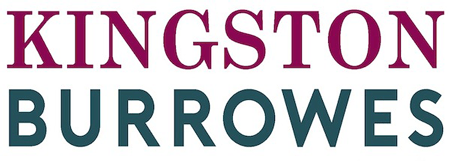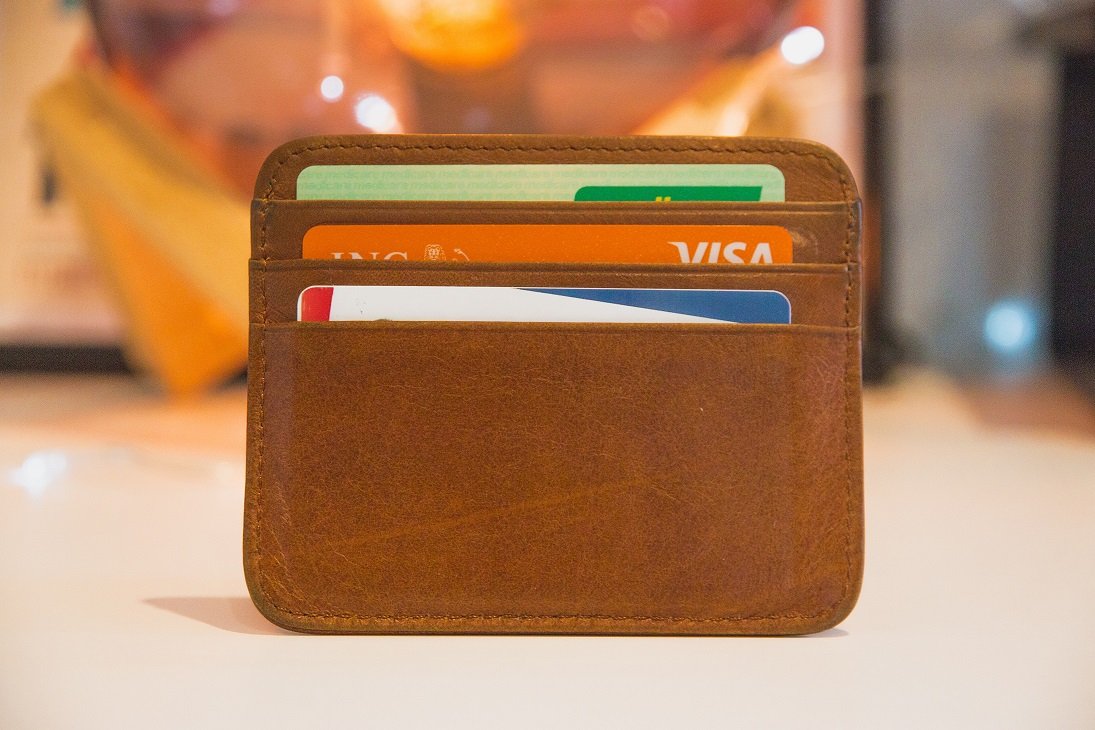Whether you have big plans for expansion, are looking to invest in new premises or need new machinery, a small business loan is a practical way of getting a quick injection of cash for your business.
We have gathered some simple tips to help prepare you for a commercial finance application and give you the best possible chance of success. With a little preparation and planning you can demonstrate to the funder that supporting your small business is a good investment.
What type of funding and how much funding do you need?
Before you approach any lender, you need to have a clear idea of the funding you are looking for.
- Firstly, how exactly will the funding be used? Being able to clearly define what you need the funds for (not just as cash for day-to-day business operations) is essential and it helps to determine the following points.
- How much funding do you require? This needs to be enough to fulfil your business needs but equally manageable for the business to repay within the loan period. At this point, you should be prepared to explain how you will repay the loan, so consider your cashflow to determine how much you can repay on a monthly basis.
There are likely to be numerous funding options available to you, but once you have considered the aspects above, you can select an appropriate lender with the right type of funding for your requirements.
Know your business inside out, especially finances
Take the time to prepare carefully for the meeting or call. You should be prepared to answer questions on sales, fee-earner performance, costs, debtors and creditors. You should also be on top of any work in progress as well as future plans as this will relate directly to the funding you are trying to secure.
A lender will expect you to be able to explain your products and services as well as how you provide them. What are your businesses strengths and weaknesses and what competitive edge do you have over other businesses in your marketplace?
When it comes to finances, you not only need to be able to provide up to date financial information, but you need to demonstrate that you understand the information. You should be able to explain how your cashflow is managed as well as the detail contained in the calculations you are presenting. If there are significant variations in the figures from one year to another, can you explain why? For many businesses, the pandemic period caused significant variations in their finances, and this won’t necessarily be problematic for a funding request as long as you have a clear understanding and ability to explain these variations.
Gather all your documents and information
The lender will need copies of your financial information mentioned above in order to make a decision. This usually includes your financial accounts for the last three years as well as current financial information such as aged debtors and creditors, cashflow forecasts and personal asset and liability statements.
In addition to financial information, it may help your application to provide a copy of your business plan as this lays out your organisation’s road map for the future. A concise and organised business plan should include an executive summary, a description of your business, information relating to your background and experience, market analysis/competitor review and your business growth strategy. This information will help a potential lender to determine how commercially viable your future plans are.
Think about loan security
Do you have the required security for the funds you are looking to secure? This could be in the form of a property or other business assets and is used against a secured loan. The idea of a secured loan is that the lender has some security if the borrower (your business) is unable to repay the loan as they can legally seize the assets to cover any losses if needed.
If you do not have the required business assets to offer as collateral, you would need to accept an unsecured loan which usually means that you will need to provide a personal guarantee and would become liable personally if the business is unable to pay the loan back.
It may also help your application, if you are able to demonstrate what personal funds you can invest yourself. This will demonstrate that not all the risk is carried by the lender.
Additional preparation
There are just a few other areas which you might consider checking before the meeting.
- Your website – does it give an accurate and positive impression of your business?
- Latest tax payments – are you up to date with your HMRC tax and VAT payments? Any lender is going to be more hesitant to provide funding if you are not keeping up with your financial obligations to the Government.
- Consider your credit history – this will be checked by the lender on application so being aware of your credit score as a business owner is essential.
The most important aspect of securing a small business loan is providing evidence of your business’s financial security, so a clear understanding of your finances and future projections are essential.
A professional accountant can support you with this by reviewing your finances to ensure that they are presented in the best possible light and enhancing your chances of securing the finance you require.
If you need advice or guidance on business finance, the Kingston Burrowes team will be happy to help, and we are also able to offer independent commercial finance services through Kingston Burrowes Finance.




